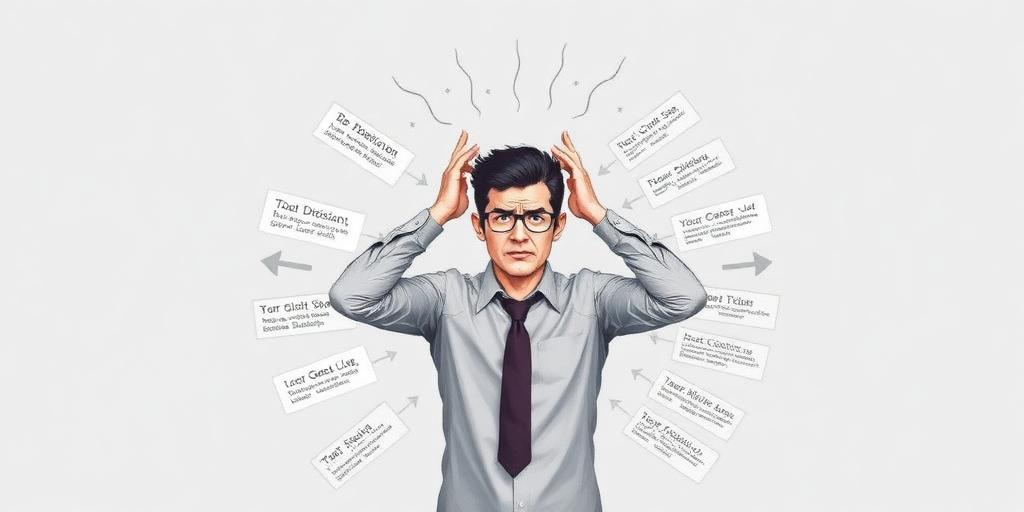Decision Fatigue in Startups: Making Better Choices Under Pressure
In the fast-paced world of startups, founders and employees face a constant barrage of decisions. From strategic pivots to daily operational tasks, the sheer volume of choices can lead to a phenomenon known as decision fatigue. This article explores what decision fatigue is, how it impacts startups, and strategies to mitigate its effects.
What is Decision Fatigue?
Decision fatigue refers to the deteriorating quality of decisions made by an individual after a long session of decision-making. As you make choices throughout the day, your mental energy depletes, making it harder to weigh options rationally. The result? Impulsive choices, procrastination, or avoidance of decisions altogether.
Impact on Startups
Startups are particularly vulnerable to the adverse effects of decision fatigue due to:
- High-Pressure Environment: Startups often operate under tight deadlines and limited resources, amplifying the stress associated with decision-making.
- Wide Range of Responsibilities: Team members may wear multiple hats, requiring them to make decisions across various domains, from product development to marketing.
- Limited Experience: Early-stage startups may lack established processes and experienced leaders, making decision-making more challenging.
The consequences of decision fatigue in startups can include:
- Poor Strategic Choices: Rushed or ill-considered decisions can lead to misallocation of resources and missed opportunities.
- Reduced Productivity: Procrastination and decision avoidance can stall progress and impact team morale.
- Increased Burnout: Constant decision-making can contribute to stress and burnout among employees.
Strategies to Mitigate Decision Fatigue
Fortunately, startups can implement strategies to minimize the impact of decision fatigue:
Prioritize Decisions:
- Identify critical decisions: Focus on those that have the most significant impact on the company's goals.
- Delegate when possible: Empower team members to make decisions within their areas of expertise.
Establish Routines and Processes:
- Standardize recurring decisions: Create templates or checklists for common tasks.
- Batch similar decisions: Group related decisions together to reduce context switching.
Time Management:
- Schedule decision-making: Allocate specific times for important decisions when you're most alert.
- Take breaks: Regular breaks throughout the day can help replenish mental energy.
Simplify Your Life:
- Reduce personal choices: Streamline your wardrobe, meals, and daily routines to conserve mental energy for work-related decisions.
Seek Input and Collaboration:
- Consult with trusted advisors: Discuss complex decisions with mentors, investors, or industry experts.
- Encourage team collaboration: Foster a culture of open communication and shared decision-making.
Conclusion
Decision fatigue is a real and significant challenge for startups. By understanding its causes and implementing effective mitigation strategies, startups can empower their teams to make better decisions, improve productivity, and build a more sustainable and successful business.









